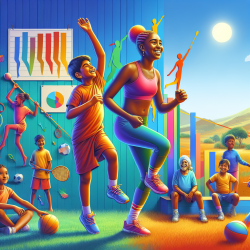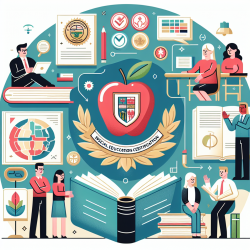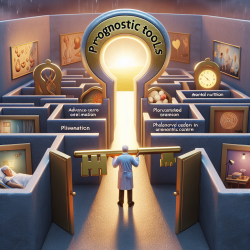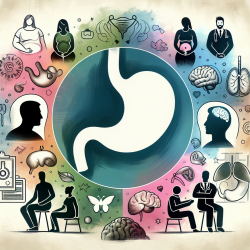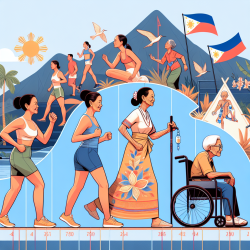Physical education (PE) has long been viewed as a critical component of school curricula aimed at fostering a physically healthy population. Traditionally, the focus has been on ensuring students engage in moderate to vigorous physical activity (MVPA) during PE classes. However, recent research suggests that the enjoyment of physical activity may be a more significant predictor of future participation and development of sport self-concept than the mere quantity of MVPA achieved during class.
The Study: Key Findings and Implications
A study titled "Enjoyment of Physical Activity—Not MVPA during Physical Education—Predicts Future MVPA Participation and Sport Self-Concept" explored the associations between enjoyment of physical activity and minutes of MVPA in grade 5 students. The study found that enjoyment was a stronger predictor of sport self-concept and future participation in physical activities than the amount of MVPA performed during PE classes.
This finding shifts the paradigm from focusing solely on energy expenditure during PE to fostering an environment where students find joy and satisfaction in being active. By prioritizing enjoyment, educators can help students develop a positive relationship with physical activity that extends beyond the classroom.
Why Enjoyment Matters
- Intrinsic Motivation: Enjoyment is closely tied to intrinsic motivation, which is crucial for sustaining long-term engagement in any activity. When children enjoy physical activities, they are more likely to continue participating voluntarily.
- Positive Associations: Positive experiences in PE can lead to lasting positive feelings about exercise, while negative experiences may result in avoidance.
- Development of Sport Self-Concept: Enjoyment contributes to a stronger sport self-concept, which is linked to higher self-efficacy and motivation to engage in sports and physical activities.
Implementing Enjoyment-Focused Strategies in PE
Educators can implement several strategies to enhance enjoyment in PE classes:
- Create a Supportive Environment: Encourage a mastery-oriented climate where students feel safe to explore and learn without fear of judgment or failure.
- Diverse Activities: Offer a variety of activities that cater to different interests and skill levels. This diversity allows students to find activities they enjoy and excel at.
- Focus on Skill Development: Emphasize the development of fundamental movement skills (FMS) and physical literacy (PL), which contribute to overall confidence and competence in sports.
- Cultivate Fun: Incorporate elements of fun into activities to make them more engaging. This could include games, challenges, or team-building exercises that promote collaboration and enjoyment.
The Role of Educators
The role of educators is pivotal in fostering an environment where enjoyment is prioritized. By understanding each student's unique needs and preferences, educators can tailor their approach to maximize engagement and satisfaction. Additionally, educators should be trained to recognize the signs of disengagement or negative associations with physical activity and address them promptly.
The Long-Term Benefits
The implications of this research are profound. By focusing on enjoyment rather than merely achieving MVPA targets, educators can instill a lifelong appreciation for physical activity in their students. This approach not only contributes to better health outcomes but also enhances students' overall well-being and personal development.
The journey towards fostering a love for physical activity begins with small steps taken within the walls of our schools. As educators, we have the power to shape how future generations perceive and engage with exercise. Let us embrace this opportunity by prioritizing joy and satisfaction in our PE programs.
If you're interested in delving deeper into this research, I encourage you to read the original paper: Enjoyment of Physical Activity—Not MVPA during Physical Education—Predicts Future MVPA Participation and Sport Self-Concept.
